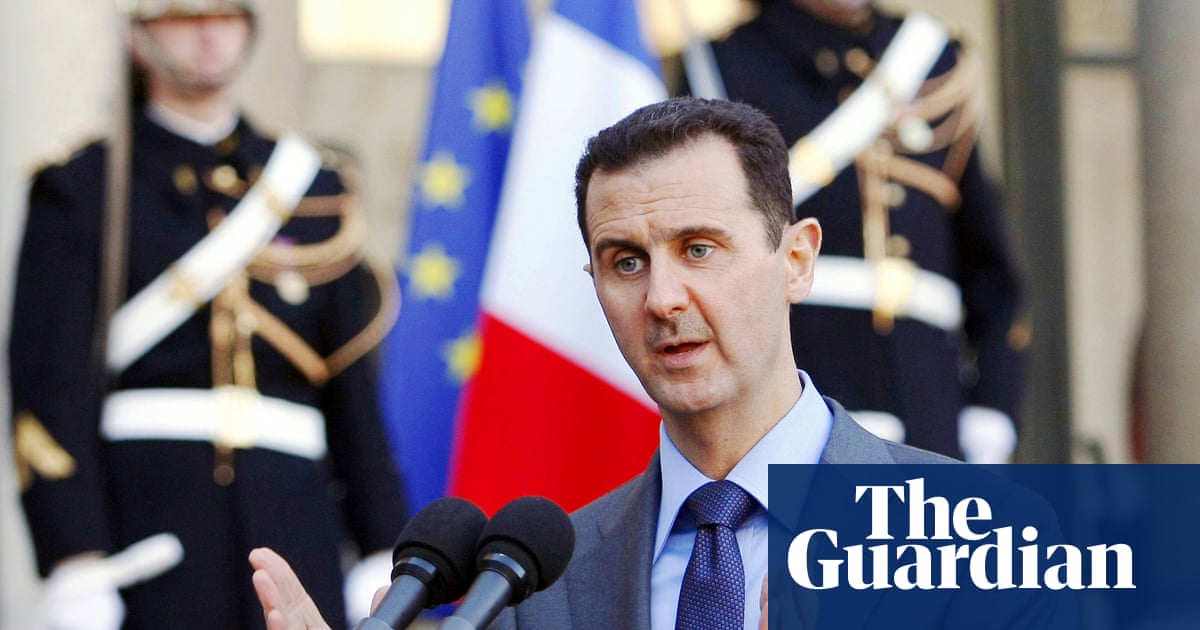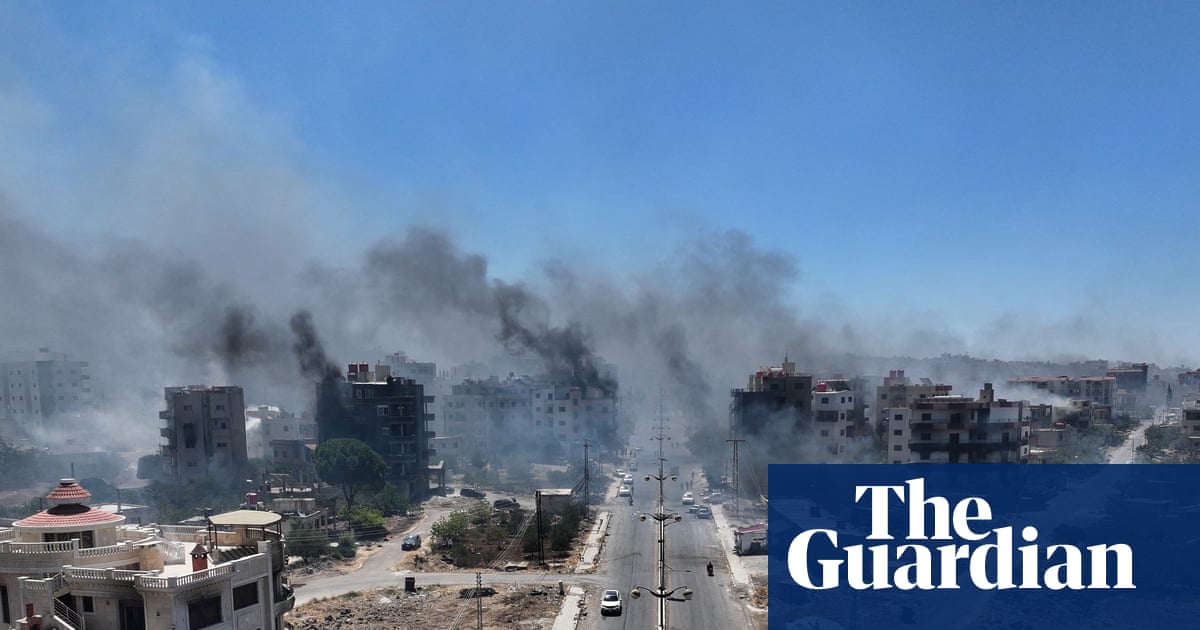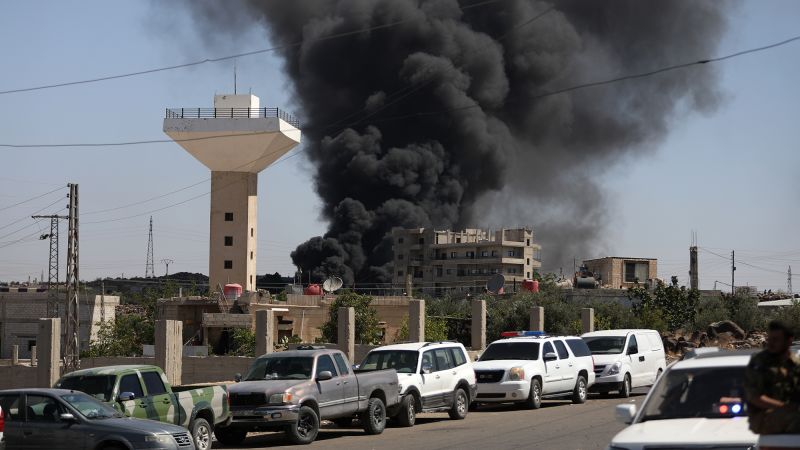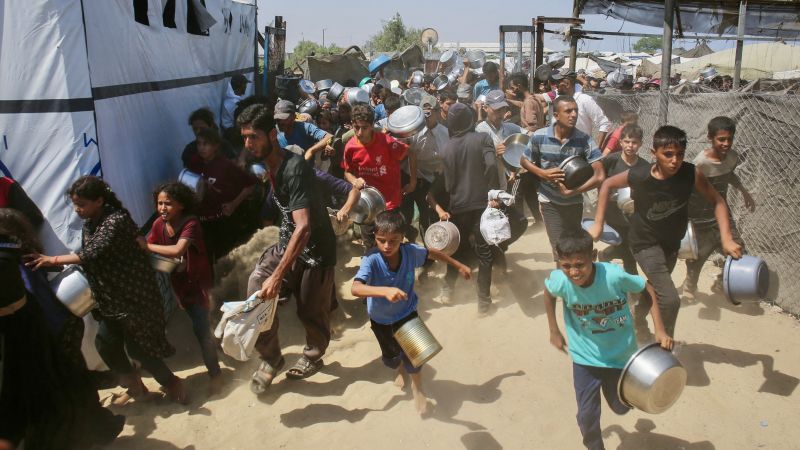T4K3.news
France overturns arrest warrant for Bashar al-Assad
France’s court cancels arrest warrant citing immunity under international law.

France's highest court ruled the arrest warrant for Assad invalid due to his immunity.
France cancels arrest warrant for Bashar al-Assad
France’s top court has annulled an arrest warrant for Bashar al-Assad, former president of Syria, citing international law. The Cour de cassation deemed that heads of state enjoy personal immunity from prosecution while in office. Despite this ruling, legal experts suggest the possibility for a new warrant now that Assad is in exile. The court's decision follows an international warrant initially issued in November 2023 for Assad's alleged role in human rights violations, including the use of chemical weapons during the Syrian civil war. Recent events highlight the complex legal landscape surrounding international justice for war crimes.
Key Takeaways
"This ruling is a missed opportunity for accountability in the face of grave crimes."
Mariana Pena of OSJI criticizes the ruling, emphasizing the need for justice.
"Heads of state have immunity under international law, but should this be absolute?"
The court's decision raises a debate on the limitations of sovereignty in cases of human rights violations.
The dismissal of the arrest warrant against Bashar al-Assad raises profound questions about international accountability. While the ruling underscores the principle of sovereign immunity, it appears to many as a missed opportunity for justice against leaders tied to egregious human rights abuses. Advocates for accountability are likely to remain vocal, asserting that the absence of repercussions may embolden other leaders involved in similar actions. The ongoing situation illustrates the challenging interplay between state sovereignty and the necessity for justice in global governance.
Highlights
- Justice for victims requires more than immunity rules.
- Impunity for leaders can embolden future atrocities.
- Human rights advocates will not stop pushing for justice.
- An opportunity for accountability was lost today.
Concerns over international accountability
The ruling underscores potential risks of allowing leaders to evade justice. Critics worry this could undermine efforts to hold perpetrators of war crimes accountable.
Future attempts to pursue justice for victims may be impacted by this ruling.
Enjoyed this? Let your friends know!
Related News
French court maintains Bashar Assad's immunity while allowing future warrants

Syria declares ceasefire in Sweida after deadly clashes

Syria declares ceasefire in Sweida region

UK sanctions people smuggling gang leaders

Ex-CIA chief warns of Putin's potential downfall

Israel strikes Syrian forces to protect Druze

Libyan war crimes suspect arrested in Germany

Humanitarian workers and journalists face starvation in Gaza
